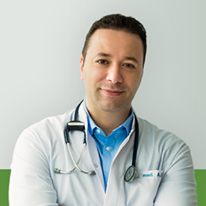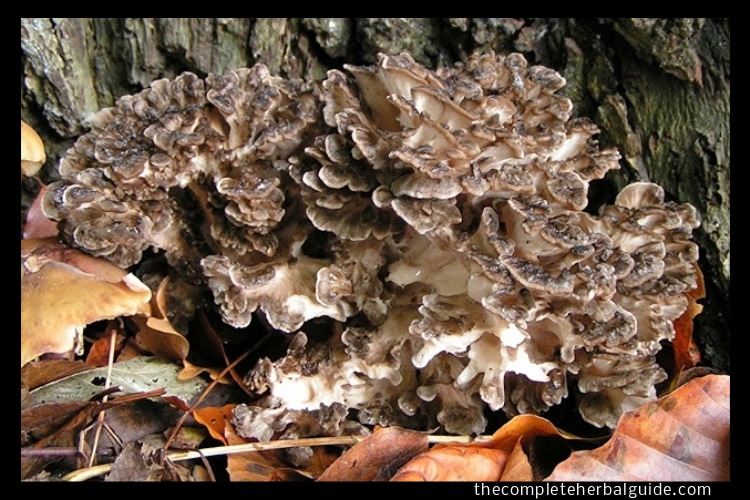
Top 10 Chemicals That May Cause Breast Cancer & Chemicals To Avoid
You may be surprised to know that the food you eat and the garden you love to walk in could lead to Breast Cancer.
Modern scientific evidence has linked some toxic chemicals to Breast Cancer. Some of these toxic chemicals are commonly used in Food Packaging, Food Containers, and Water supplies, whereas others are well-known pesticides.
To avoid Breast cancer risk and have a healthy life ahead we should avoid these toxic chemicals. Some of them are mentioned below.
Table of Contents
CHEMICALS TO BE AVOIDED

Bisphenol A (BPA)
It is present in reusable plastic containers and the linings of food and beverage cans. Evidence shows that BPA is associated with breast and other cancers and many other diseases including obesity, heart disease, and reproductive problems, etc. The percentage of BPA in the bodies of American residents is alarming, up to 93% that poses a serious health risk for them.
What to do?
We can control this toxic chemical from harming ourselves by AVOIDING the use of canned foods and plastic containers.
Phthalates
These can be present in plastic containers. Studies have shown the association of phthalates in hormonal changes causing early puberty in girls which is a risk factor for breast cancer.
What to do?
STOP using plastic containers, toys, bottled water, plastic wraps, etc.

Colored plastic bottles
Polyvinyl chloride (PVC)
It is used for packaging foods and building materials. PVC releases vinyl chloride. It is an important human carcinogen and has been linked to breast and other cancers.
What to do?
Avoid food packaging and check building materials for PVC before buying.
Styrene
It is released from Styrofoam food trays, egg cartons, disposable cups and containers if heated or under pressure. Styrene is a possible human and animal carcinogen.
What to do?
Avoid any product made from Styrofoam
Tetrachloroethylene
It is a chlorinated solvent used in dry cleaning, industrial cleaning, and in the making of other products, also in drinking water. Tetrachloroethylenewas found to be present in a significant amount in the bodies of Americans. It is a known human carcinogen responsible for breast and other cancers.
What to do?
Avoid dry-cleaning solvents and other products containing Tetrachloroethylene.
PESTICIDES TO BE AVOIDED
Research has also concluded that some pesticides and herbicides also cause the proliferation of the cancer cells of breast cancer. Some of these are:
Atrazine
It is also known as DDT. It is applied to the crops such as corn, sorghum, etc. to control weed production. In the United States, its concentration in corn crops and drinking water is increasing rapidly.
Atrazine is found to be associated with tumors of the breast, prostate inflammation, and delayed puberty in animals. Recent research also shows its association with prostate cancer in humans.
What to do?
We can avoid it by packaging food safely in glass or other non-plastic containers.
DDT
DDT is banned worldwide in agriculture, but it is still used in some countries for malaria. Research suggests that it can increase the risk of breast cancer even on much earlier exposure.
What to do?
Avoid using corn products from untrusted local crops.
Zeranol
It is used for a long by the US and Canadian meat industries as a synthetic growth hormone. It resembles the hormone estradiol and causes significant growth of cancer cells on exposure. Zeranol and Zeranol-treated meat is now banned in Europe.
What to do?
We should use organic meat and thoroughly wash it before use.
rBGH/rBST
Bovine Growth hormone is a major problem because of its carcinogenic effects. A lot of studies have shown the link between the intake of dairy products and breast cancer in premenopausal women.
What to do?
We can replace cow milk with coconut milk or almond milk etc. to avoid rBGH/RBST. A lot of other choices are now available that offer rBGH-free products.
Source: Breast Cancer Fund exposes the cancer-causing chemicals lurking in food,

Dr. Adem Gunes has built the world’s largest database of scientifically tested natural substances with proven effects in cancer treatments. In 2009, he was appointed as the Chief Physician of ProLife Clinic in Innsbruck, Austria, and played a key role in the establishment of the research laboratory. He is also the co-founder of the first Austrian hyperthermia center. Now, Dr. Adem works closely with cancer patients from around the world (including Germany, Thailand, Dubai) to recommend them a complementary cancer clinic or to create a personalized care plan for patients to follow at home.






